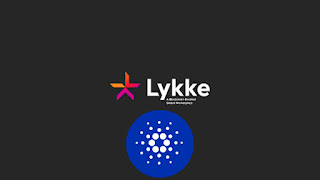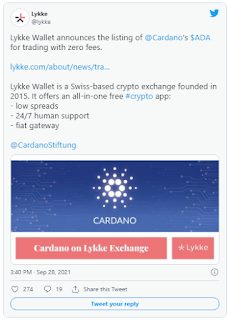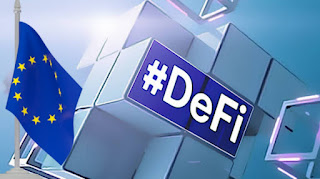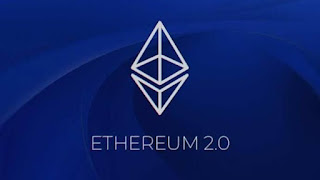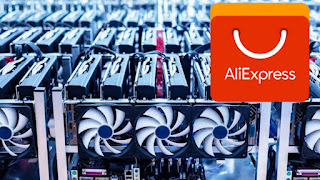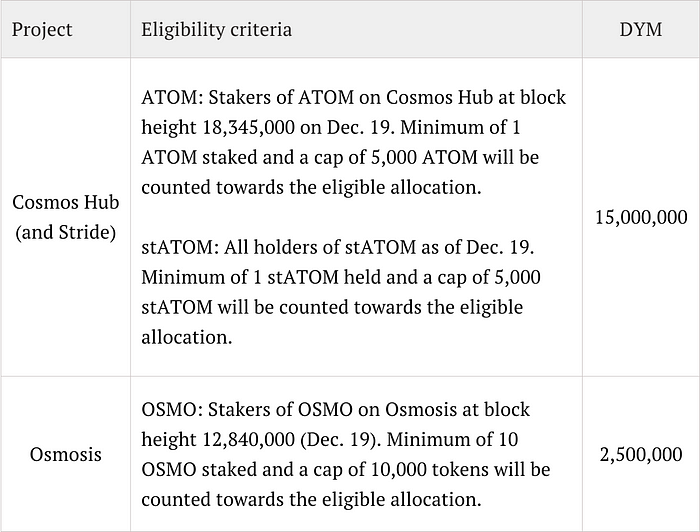A tweet from the country's president seems to demonstrate the first steps toward mining Bitcoin using volcanic geothermal energy. El Salvador's president announced through Twitter video that the nation has begun a project to mine Bitcoin using geothermal energy derived from volcanoes.
President Nayib Bukele, a frequent Twitter user, shared the video with the phrase "First steps" and a volcano emoji yesterday.
The brief video, which has already received 1.8 million views, depicted a data center in the middle of a forest. The camera then focused on a worker inside the facility, who was connecting a cable to a Bitcoin mining equipment. The energy-intensive practice of utilizing powerful computers to validate transactions on the blockchain is known as bitcoin mining.
Bitcoin mining has recently come under fire because to the massive amount of energy it consumes. More and more mining firms are turning to renewable energy to power their operations.
El Salvador's state-owned power provider, LaGeo, announced in June that it will mine Bitcoin using "extremely inexpensive, 100 percent pure, 100 percent renewable, 0 emissions energy from our volcanos."
The concept was conceived by the country's millennial president, who took office in 2019. Despite Bukele's popularity in the nation (latest polls show he has an approval rating of over 80%), the president's Bitcoin Law has been attacked by the World Bank—as well as other Salvadorans.
El Salvador's President Introduces a Bill to Make Bitcoin Legal Tender
On Saturday afternoon, El Salvador made a big impact during the closing hours of the Bitcoin 2021 conference in Miami. El Salvador's President, Nayib Bukele, stated in a pre-recorded video that he...
Businesses in El Salvador must accept Bitcoin payments if they have the technology, according to the country's Bitcoin Law.
Citizens are not required to use it, but the government encourages them to do so: a state wallet called Chivo is available, and those who download it on their smartphone are rewarded with $30 in Bitcoin. Since utilizing the wallet, Salvadorans have posted pictures of their bitcoin presents on Twitter.
The wallet had some technological difficulties at initially, but Bukele says that it is currently used by more people than any other bank in the nation.




